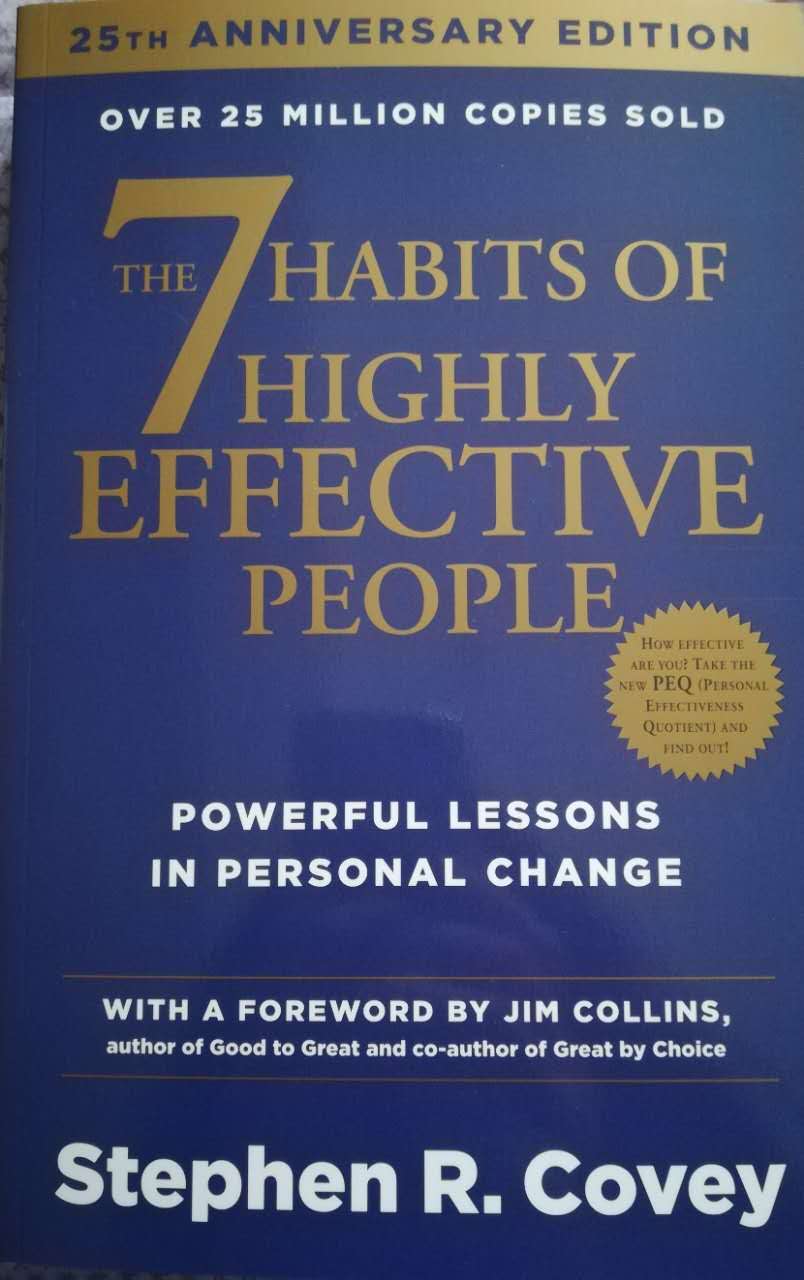2017年7月11日
Alternative Centers 各种中心
人人都有生活中心,它们对生活各方面都有很强烈的影响。
Spouse Centeredness配偶中心比如有的人生活以配偶为中心,咋听起来,无可厚非,配偶毕竟是我们生活中最亲密的伴侣。但是以配偶为重心的婚姻关系,多半发生情感过度依赖的问题。太过于重视婚姻,会使人的情感异常脆弱,经不起些许打击,甚至无法面对如新生儿降临或经济窘迫等变化。婚姻会带来更多的责任与压力,两个背景不同的人,思想必定有差异,于是乎理财、教养子女等等问题,都会引起争执。如果我们一方面在情感上依赖对方,一方面又与对方在观念上有所突击,就极易陷入爱恨交织、进退两难的矛盾中。
Family Centeredness家庭中心以家庭为重的现象也十分普遍,而且似乎理所当然。但是过分注重家庭生活,反而对家庭有害。太仰赖家庭提供安全感及价值感,太重视家族传统与名誉,通常无法接受任何可能影响这些传统与声誉的改变。以家庭为重的父母,不能为子女的真正幸福着想,他们的爱往往是有条件的。
另外还有Money Centeredness(以金钱为中心),Work Centeredness(以工作为中心),Possession Centeredness(以名利为中心),Pleasure Centeredness(以享乐为中心),Friend/Enemy Centeredness(以敌人或朋友为中心),Church Centeredness(以宗教为中心)Self-Centeredness(以自我为中心)。
那么什么是你的生活中心?有时并不容易回答。般说来,我们的生活中心是以上某几种中心的混合体,依环境不同而有所变化。大多数人的生
活受到多种因素的影响。生活中心如此摇摆不定,情绪上难免起起落落,没有确定的生活中心,就容易缺乏一种安全感,没有了安全感Security,那么对自己的生活就没有一个明确的人生方向Guidance,随之而来的智慧Wisdom和力量Power及无从而来,进而影响区就会缩小,更容易被外在环境所左右影响。
A Principle Center以原则为中心
如果以正确原则作为生活中心,那么就可以为四个支撑人生的因素建立一个坚实的基础。认识到这一点,我们就有了安全感。Our security comes from knowing that correct principles do not change.。原则是恒久不变的,所以值得信赖,可以给我们高度的安全感。原则是理性而非感性的,因此能让我们充满信心,配偶和密友都可能离我们而去,但原则不会。原则不取决于环境、他人行为或“流行”。原则是永生的,不会毁于火灾、地震或偷盗,也不会今天在这儿,明天又到了那儿。
Principles are deep ,fundamental truths,classic truths,generic common denominators.They are tightly interwoven threads running with exactness,consistency,beauty,and strength through the fabric of life.
如果以原则为生活中心,智慧和人生方向的来源就是正确的地图,The wisdom and guidance come from correct maps.反映事物的真实现状。正确的地图让我们能够清晰了解自己的目标,能够基于正确的知识做出正确的决定。The power comes from a self-aware, knowledgeable, proactive individual.
以永恒不变的原则作为生活中心,就能建立高效能的思维定式,也就能正确审视所有其他的生活中心。
以原则为中心的人会保持冷静和客观,不受情绪或其他因素的干扰,综观全局——工作需要、家庭需要、以及其他相关需要及不同决定的可能后果,深思熟虑,综合考虑后才做出正确的选择。
As a principle-centered person,you try tostand apart fromthe emotion of the situation and other factors that would act on you,and evaluate the options.Looking at the balanced whole,teh work nees,teh family needs,other needs that may be involved and the possible implications of various alternative decisions----you'll try to come up with the best solution,taking all factors into consideration.
单词部分
1.edge n.[sing.]~ (on / over sb / sth)a slight advantage over sb / sth• (微弱的)优势:
The company needs to improve its competitive edge.公司必须提高它的竞争力。
They have the edge on us.他们略胜我们一筹。
(PHRASE) 紧张不安;烦躁 If you or your nerves are on edge, you are tense, nervous, and unable to relax.
● My nerves were constantly on edge.
(PHRASE) 有浓厚兴趣;聚精会神 If you say that someone is on the edge of their seat or chair, you mean that they are very interested in what is happening or what is going to happen.
● Most of the time the audience is on the edge of its seat.
2.detect 发现;查出;测出 To detect something means to find it or discover that it is present somewhere by using equipment or making an investigation.
● ...a sensitive piece of equipment used to detect radiation...
觉察;发觉 If you detect something, you notice it or sense it, even though it is not very obvious.
● Arnold could detect a certain sadness in the old man's face.
3.omniscient ADJ) 全知全能的;无所不知的;博闻广识的 If you describe someone as omniscient, you mean they know or seem to know everything.
● ...a benevolent and omniscient deity.
4.tangible adj.清晰可见的;摸得着的;感觉得到的;明显的 If something is tangible, it is clear enough or definite enough to be easily seen, felt, or noticed.
There should be some tangible evidence that the economy is starting to recover...
5.vulnerable adj.脆弱的;易受伤害的 Someone who is vulnerable is weak and without protection, with the result that they are easily hurt physically or emotionally.
Old people are particularly vulnerable members of our society
易感染(某种疾病)的;易患病的 If a person, animal, or plant is vulnerable to a disease, they are more likely to get it than other people, animals, or plants.
People with high blood pressure are especially vulnerable to diabetes..

